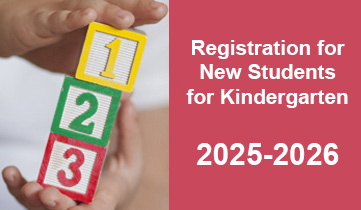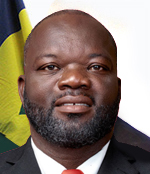Latest News
-
Parent Education Programmes.
-
Curriculum Development.
-
Capacity building for parents and practitioners: (ongoing) workshops/seminars.
-
Technical/Leadership/Supervision/Monitoring of Early Childhood Institutions.
-
Provision of developmental appropriate materials.
-
Consultancy.
-
Setting standards and seeing them being enforced.
-
Strategic planning and implementation of programmes which offer quality, equity and efficiency.
-
Monthly meetings with the Minister of Education.
-
Procurement of funds for developmental work in Early Childhood Education.
1. TIE WORDS TO ACTIONS
(a) Self talk – describing your own actions as you do them. This gives you the opportunity to introduce new words. “I am relaxing my shoulder.” “ I am mixing colour into the play dough.”
(b) Parallel talk – describing the children’s actions as they do them. “You’re squeezing the dough so hard.” “You’re lining up the long blocks.”
2. HELP CHILDREN COMMUNICATE WITHOUT ORAL LANGUAGE
(a) Use pantomime games – act out stories or situations without words. Act out meanings of words.
(b) Use charade games – “Pretend you’re carrying the biggest log you have ever seen.” "Pretend you’re pouring a glass of milk.”
3. MAKE LANGUAGE CLEAR
(a) Be very specific – “Put these red blocks with the other red blocks.”
(b) Look directly at the child when you are talking to him; watch his eyes and you will know if he is following you or is confused.
(c) Be aware of noise level in the room. A high level of noise is detrimental to language development.
(d) Articulate words clearly. “Let’s read that book.” “Thank you.” “Does the dolly’s hat go on her head or on her hand?”




